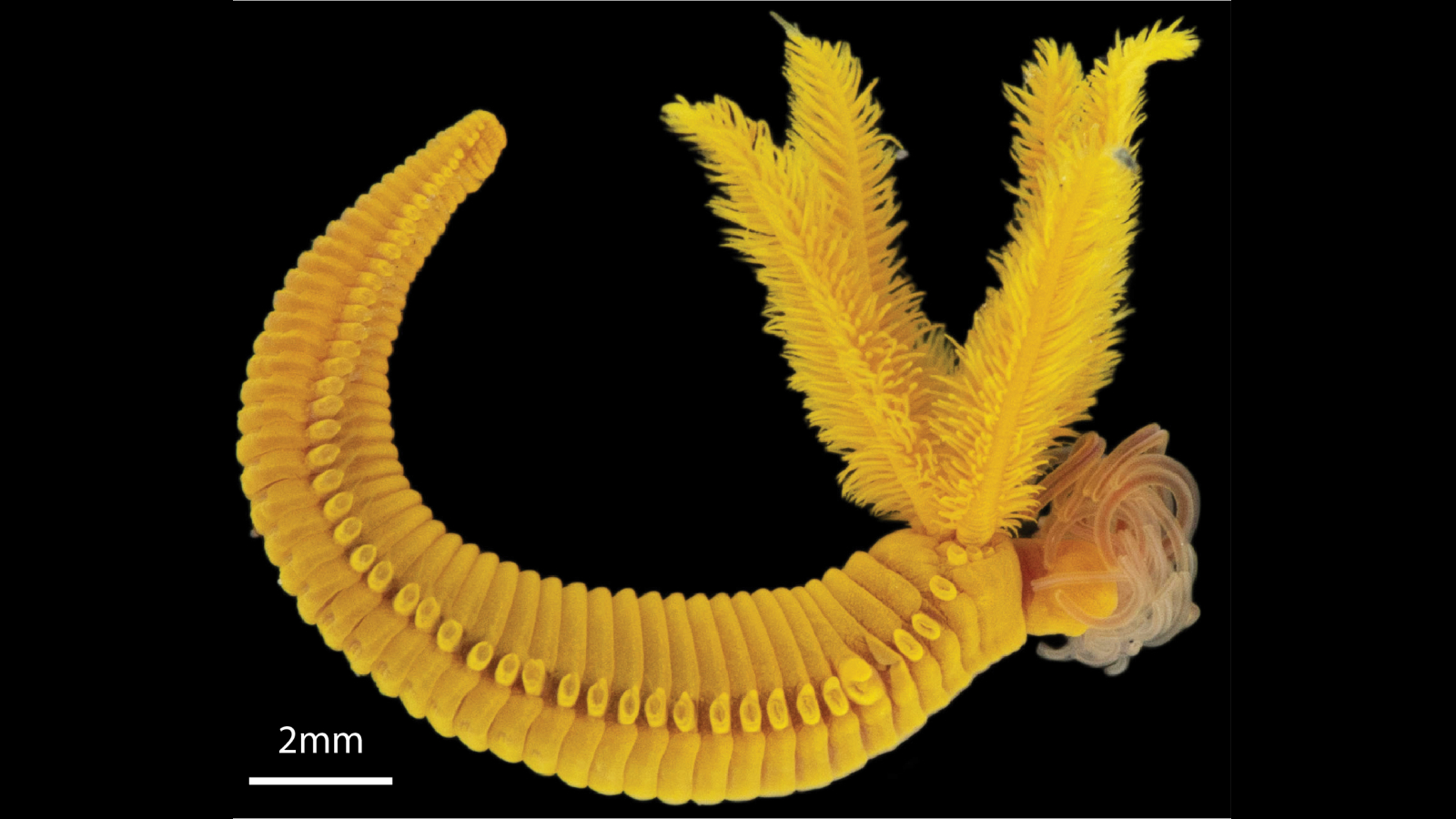It’s hard to go anywhere in the summer without being faced with another reminder to stay well hydrated. But while proper hydration is important for your health and avoiding heat-related illness, doctors say that going about it the wrong way could mess with your stomach.
Issues specifically show up in the form of acid reflux, aka gastroesophageal reflux. It seems weird, but drinking too much water or having water at certain times of day raises the risk of uncomfortable reflux symptoms, said Dr. Ashkan Farhadi, gastroenterologist at MemorialCare Orange Coast Medical Center in Fountain Valley, California.
The reason behind this is a little complicated and taps into body mechanics. But if you’re prone to reflux, it’s important to be aware that your summer hydration habits could be making things worse. With that in mind, we tapped four gastroenterologists to explain how water can exacerbate symptoms of reflux, plus how to stay well hydrated without raising the risk of symptoms.
First, it’s important to understand why reflux happens.
Gastroesophageal reflux is a condition that happens when contents of your stomach come back up into your esophagus, the long tube that connects your throat to your stomach, according to the National Institute of Diabetes and Digestive and Kidney Diseases (NIDDK). Many people experience this once in a while, and you can even have reflux without noticing any symptoms. People who do have symptoms may experience heartburn, regurgitation, nausea, pain while swallowing, a chronic cough or hoarseness, per the NIDDK.
Gastroesophageal reflux usually happens when the lower esophageal sphincter, which serves as a lid that keeps stomach acid and other contents from flowing back into the esophagus, becomes weak or relaxes when it shouldn’t, Farhadi explained.
Drinking too much water can exacerbate acid reflux symptoms.
It’s easy to guzzle a bunch of water at once in the summer, but pacing yourself may be easier on your stomach.
“Drinking large amounts of water can increase the volume of the stomach,” explained Dr. Rishi Naik, gastroenterologist and assistant professor of medicine at Vanderbilt University Medical Center. “When the volume of the stomach increases, it increases pressure, which then leads to upward pressure through your lower esophageal sphincter.” That can increase reflux, causing uncomfortable symptoms in the process, he said.

Guido Mieth via Getty Images
“This esophageal sphincter acts like a valve to protect your esophagus from reflux but, when there is too much pressure, this can lead to backup through the valve into the esophagus which can worsen acid reflux symptoms,” Naik said.
Water isn’t acidic, pointed out Dr. Subhankar Chakraborty, a gastroenterologist at Ohio State University Wexner Medical Center. But “the way it stretches the stomach can lead to reflux,” he said.
Not everyone will experience this phenomenon, though. “Some people can handle extra water with no problem. But those with acid reflux are in trouble,” Farhadi said.
Timing matters, too.
While flooding your stomach with a lot of water at once raises the risk of reflux, so does drinking a lot of water after a meal, said Dr. Ellen Stein, a gastroenterologist and associate professor at Rutgers Robert Wood Johnson Medical School in New Jersey.
“You can easily overwhelm the stomach size and this can cause a rise in the fluid level that can produce more reflux symptoms,” she said. “It’s the same as over-eating or overfilling your stomach. It’s always better to be satiated, but not overfilled.”
People with reflux tend to have more symptoms after meals, so drinking too much water at this point can add to the problem, Chakraborty said.
Here’s how to navigate summer hydration without acid reflux symptoms.
There are a few things you can do to lower the risk of acid reflux symptoms, both in terms of drinking water and other health hacks.
“To help prevent reflux, it’s better to drink small amounts of water throughout the day instead of drinking a lot at once, especially during or right after meals,” Chakraborty said.
Naik also suggests walking after meals. “This increases motility — your ability for your stomach to squeeze — and moves [stomach contents] further down into your gastrointestinal tract to prevent esophageal reflux,” he said.
Stein recommends being realistic about your hydration needs, too. “Drinking enough fluids in the day is not as hard as it sounds if you keep up from the start of the day to the end,” she said. Her advice: Drink when you feel thirsty, and try to have a steady amount of water throughout the day vs. downing a lot at once.
“I usually remind people to drink a little when they wake up, have a little with breakfast, have a mid-morning sip, sip something with lunch, something in the afternoon, something with dinner, and something in the early evening,” she said. (You can keep an eye on your urine color to see if you’re well-hydrated: It should be clear to pale yellow.)
It can also be helpful to avoid eating too close to bedtime or lying down after meals, Naik said. Limiting certain foods and drinks, including acidic foods, chocolate, alcoholic drinks, coffee, mint and spicy foods, may also help, per the NIDDK.
But if you’ve tried this and you’re still struggling, Farhadi says it’s time to see a health care provider for an evaluation.
Source link


